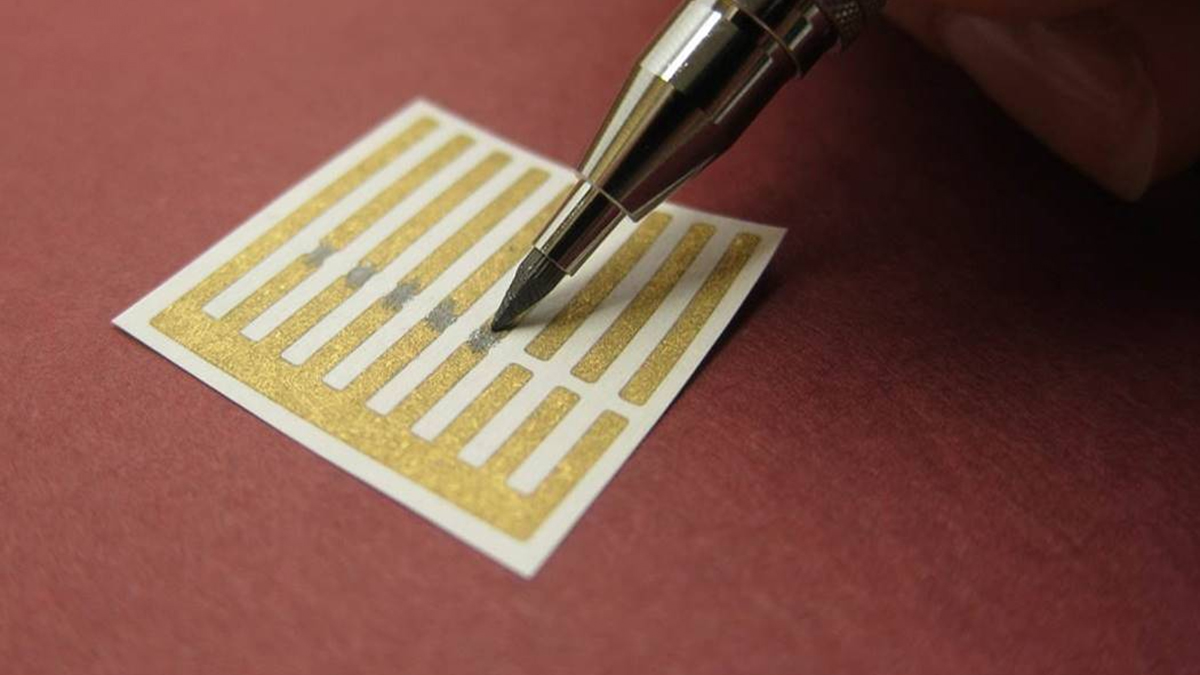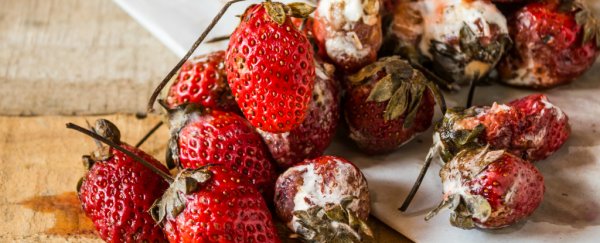Could your fridge one day warn you when the food inside it is about to turn bad? A startup company born out of the Massachusetts Institute of Technology has invented a tiny computer chip that gives machines a sense of smell, Wired reports — and being able to smell rotting food could be just the start for this new technology.
The innovative chip focuses on detecting ethylene, a colourless gas that is released as fruit ripens: the gas also speeds up the ripening process, and so when a lot of fruit is stored together it can cause a domino effect where a whole batch or crate can be quickly spoiled. An automatic warning system to help prevent this would have a significant impact for companies involved in food storage and transportation.
"Wasted food is a global social, political, and economic problem with a direct economic cost of $750 billion per year," explains the C2Sense website. "This new cost-effective sensing system will help improve food quality and address the problem of waste by allowing growers, shippers, distributors, retailers and consumers to make dynamic decisions to reduce waste at every stage."
The technology developed by C2Sense can detect trace amounts of ethylene that are beyond the sniffing powers of the human nose — anyone selling or shipping food would be able to use it to isolate ripening food before the gas can spread further.
 C2Sense
C2Sense
Further down the line, according to C2Sense, we might have these detectors in our own home and kitchen appliances. Hardware that can spot ethylene has been developed in the past, but this is the first accurate and affordable sensor to reach the market, according to its inventors.
The breakthrough is down to a new material developed by C2Sense co-founder and CTO Jan Schnorr when he was a chemistry PhD student at MIT.
It's cheap to synthesise and reacts to the presence of ethylene: by using this material as a resistor in an electrical circuit, Schnorr and his team have been able to develop this 'artificial nose' for widespread use — in fact the prototype has been developed to be able to spot four different gases.
Ultimately, Schnorr wants to create sensors that are small, light and cheap enough to be incorporated into food packaging or even grocery bags, so shoppers and sellers will know instantly just how fresh a batch of produce is. C2Sense has already attracted hundreds of thousands of dollars in outside investment, but as yet there's no fixed date for when you might expect to see these sensors in a shopping bag near you.
